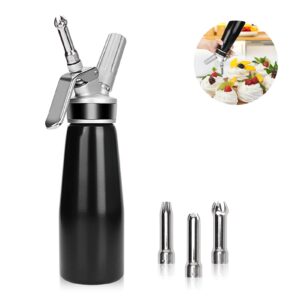
Choosing the right car insurance coverage is essential for protecting your investment and ensuring financial security in case of unforeseen events. With numerous coverage options available, it’s important to understand your needs and make informed decisions. In this article, we will discuss key factors to consider when selecting car insurance coverage to safeguard your vehicle and provide peace of mind.
- Assess Your Needs
Start by assessing your individual needs and evaluating the level of protection you require. Consider factors such as the value of your car, your budget, and your risk tolerance. If you have a newer or more expensive vehicle, you may want comprehensive coverage to protect against theft, vandalism, and other non-collision incidents. For older vehicles, liability coverage and collision coverage may be sufficient. Additionally, consider your driving habits, the area where you live, and potential risks specific to your situation.
- Understand the Types of Coverage
Familiarize yourself with the different types of car insurance coverage available. Liability coverage is typically mandatory and covers damages you may cause to others in an accident. Collision coverage protects your vehicle in case of a collision, regardless of fault. Comprehensive coverage provides coverage for non-collision incidents such as theft, vandalism, or natural disasters. Additional coverage options include uninsured/underinsured motorist coverage, medical payments coverage, and rental car coverage. Understanding the purpose and scope of each type of coverage will help you determine the appropriate level of protection.

- Evaluate Coverage Limits
Evaluate the coverage limits that best suit your needs. The coverage limits determine the maximum amount your insurance company will pay for a covered claim. Consider the value of your vehicle, your assets, and potential liability in case of an accident. It’s advisable to opt for higher coverage limits if you have valuable assets to protect. While higher coverage limits come with higher premiums, they offer greater financial protection and peace of mind.
- Consider Deductibles
Deductibles are the out-of-pocket amount you agree to pay before your insurance coverage applies. Choose a deductible that aligns with your budget and risk tolerance. Higher deductibles generally result in lower premiums, while lower deductibles lead to higher premiums. Consider your financial ability to pay the deductible in case of an accident. It’s important to strike a balance between a deductible that is manageable for you and a premium that fits within your budget.



































